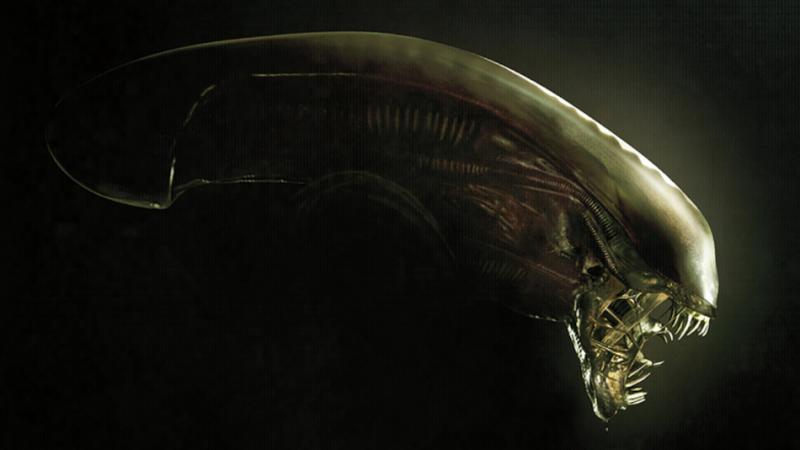While the name has been tarnished over time, it’s important to recall that four decades ago, there came a truly radical science fiction/horror film that not only terrified a generation but created an industry in its wake. That film was “Alien,” and while it is often credited as Ridley Scott’s vision, a new documentary, “Memory: The Origins of Alien” (playing in select cities Oct. 4, with wider release in following weeks) demonstrates the truly colony-mind collaboration of several individuals who helped bring “Alien” to the screen.
Most notably, the film serves as credit to screenwriter Dan O’Bannon, who has had fingerprints in pop culture science fiction and horror for the last 40 years, from the beloved (working on special computer effects in “Star Wars”) to the mainstream (co-writing the screenplay of “Total Recall”) to the cult (writing/directing the horror-comedy “Return of the Living Dead”).
O’Bannon never received the acclaim bestowed upon director Ridley Scott, but it was his drive that ultimately brought the film to the public. And while many books, commentaries and behind-the-scenes footage collections have shed additional light into the dark, slimy cavernous halls within the “Alien” legacy, “Memory” is still a fascinating journey that will only enhance fans’ appreciation for the classic film. It will also offer a clue as to why the most recent incarnations of the film (“Alien: Covenant” and “Prometheus”) were lackluster at best.
Director Alexandre O. Phillippe creates re-enactments of Bannon’s early drafts of the film, which drew on topical fears, Greek classics, pulp sci-fi, and myths shared around the globe. They were all synthesized into a formula that could touch upon universal themes that would broaden the story’s appeal. We watch as various directors are considered, from Robert Aldrich (“The Dirty Dozen”) to Peter Yates (“Breaking Away”) to Walter Hill (“The Warriors”), until Ridley Scott decides to take the helm and seems to gel with the slime-soaked universe O’Bannon crafted with the help of artist H.R. Giger.
Phillipe has molded himself into quite a film historian, having directed “78/52,” based on Alfred Hitchcock’s iconic shower scene, and the upcoming “Leap of Faith: William Friedkin on The Exorcist.” With “Memory,” he does not rely on the static talking head style often used in documentaries; rather he emulates the style O’Bannon, Scott and Giger executed with their film. And those whom Phillipe does interview are cultural critics and theorists, not merely lifelong fans. He also speaks with those who examine the film through a 21st century lens, and explores the impact and interpretations of the film in the modern day.
Obsessive without becoming too insular, “Memory” is a worthy companion to screen while enjoying “Alien” for a repeat viewing. This prototype still wears its 40 years extremely well, which seldom happens for a science fiction film. “Memory” is a fascinating wander through the construction of a classic, the care and passion that went into crafting it, and the resonance still felt from it today.


















































